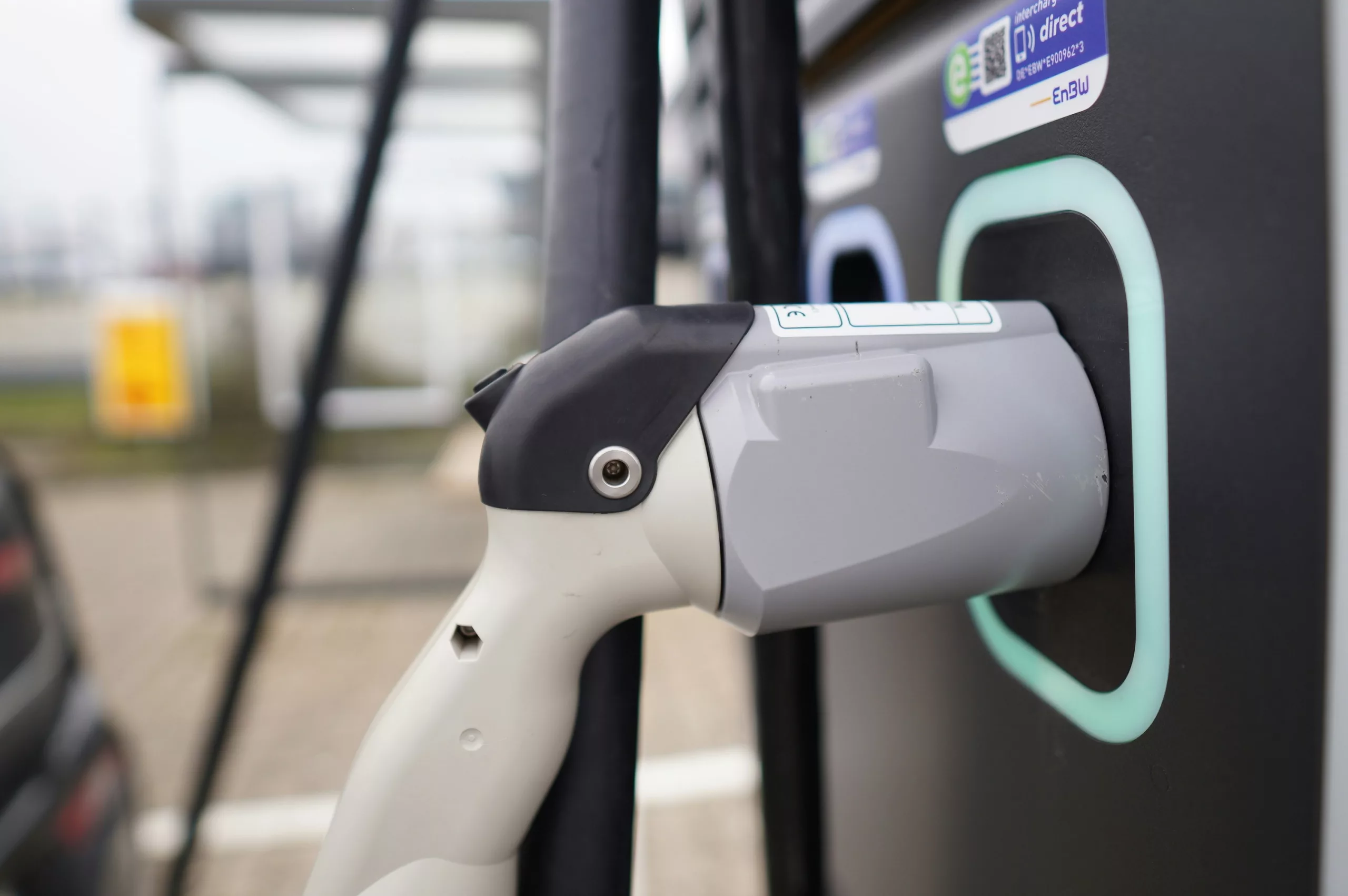The electrification of transportation is upon us, with electric vehicles (EVs) becoming increasingly prevalent. Nonetheless, the expansion of EV charging infrastructure remains critical, particularly in retail environments. A recent study from Consumer Reports has drawn attention to this gap, emphasizing the urgency for more charging options at retail outlets across the country.
The Three Pillars of EV Charging
EV owners typically rely on three main venues for charging: at home, at the workplace, and at retail locations where they spend considerable time. The latter becomes indispensable for those without access to home or workplace charging solutions. Retail giants like Target, Walmart, and Costco, where people frequently visit for their shopping needs, emerge as prime candidates for hosting EV chargers.
Current State of EV Chargers at Retail Stores
Despite the logic behind offering charging at retail stores, the current availability is surprisingly limited. From the extensive analysis by Consumer Reports, a mere 1 percent of retail sites from the top 75 companies provide EV charging stations. This figure is slightly better among big box retailers, with an average of one in every 14 locations equipped with charging capabilities. Grocery stores, department stores, and other retail categories fall even further behind, underscoring a widespread deficit in charger availability.
Leaders and Laggards in Retail Charging
- IKEA stands out as a leader, offering charging at almost all of its U.S. locations.
- Big box retailers other than IKEA fall short, with no company exceeding 10 percent coverage.
- Some grocery chains, including Amazon and regional supermarkets like Hy-Vee and Meijer, are doing fairly well, while others like Trader Joe’s and Aldi barely register on the map.
- Convenience store chains such as Wawa and Sheetz are ahead of their competition, with charging available at numerous sites.
- Kohl’s invests in EV charging at its department stores, but others in the sector are significantly behind.
- Walgreens shows progress in the drugstore category, whereas CVS has yet to commit to substantial development.
- Discount retailers like Dollar General have not embraced EV charging, neglecting their potential impact on rural and underserved areas.
- Fast-food companies have made negligible strides, with no major brand offering substantial charging facilities.
For EV owners, the lack of charging infrastructure is a palpable issue when frequenting retail locations.
Charging Stations at Shops: More Than Just Power
The presence of EV chargers in shopping venues serves two critical functions. First, it offers a practical charging option. Second, and perhaps as importantly, it helps to normalize EVs among the general populace. The visibility of charging infrastructure can reassure potential EV buyers of the feasibility of owning an electric vehicle, particularly for those without home or workplace charging access.
The Economic Upside for Retailers
There are compelling commercial reasons for retailers to install EV chargers; the presence of chargers has been correlated with increased foot traffic and revenue by around 4 and 5 percent, respectively. Consumers will often extend their shopping duration to accommodate charging time, which typically translates to additional purchases. In addition to the possibility of increased revenue, the installation of EV chargers positions retailers as environmentally conscious and future-oriented businesses.
Embracing EV charging stations is not only a win for the environment and EV owners but also for forward-looking retailers aiming to capitalize on this emerging trend:
In a world steadily moving towards electrification, retailers that pivot to accommodate EV charging are not only providing a valuable service but positioning themselves at the forefront of a more sustainable and consumer-friendly future.
